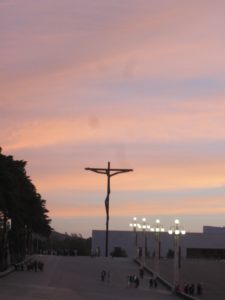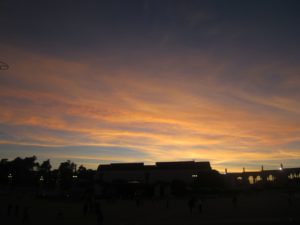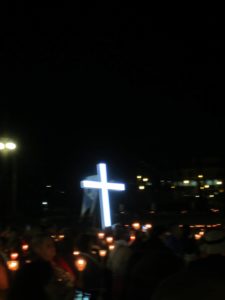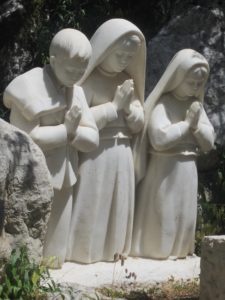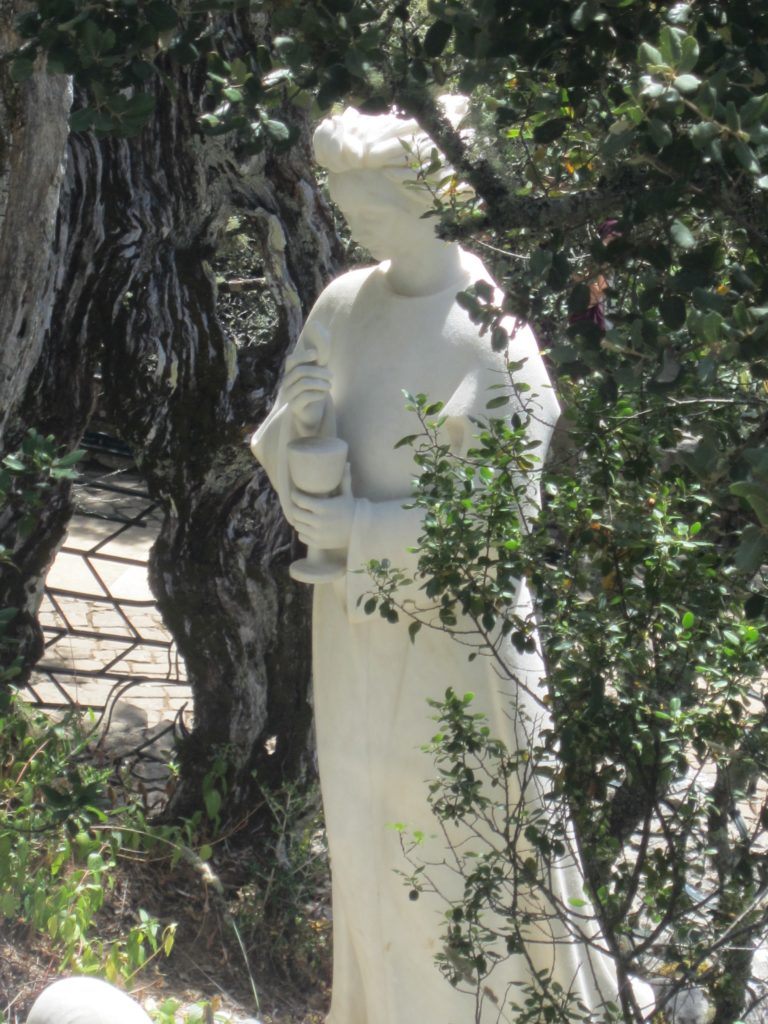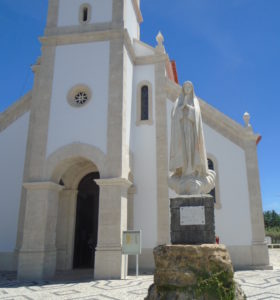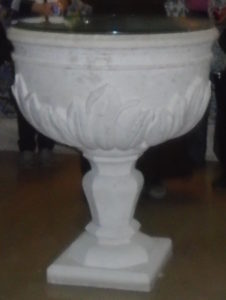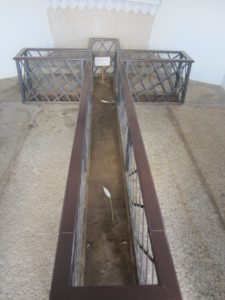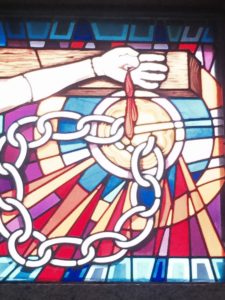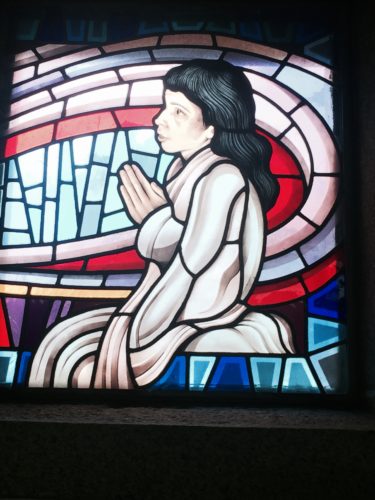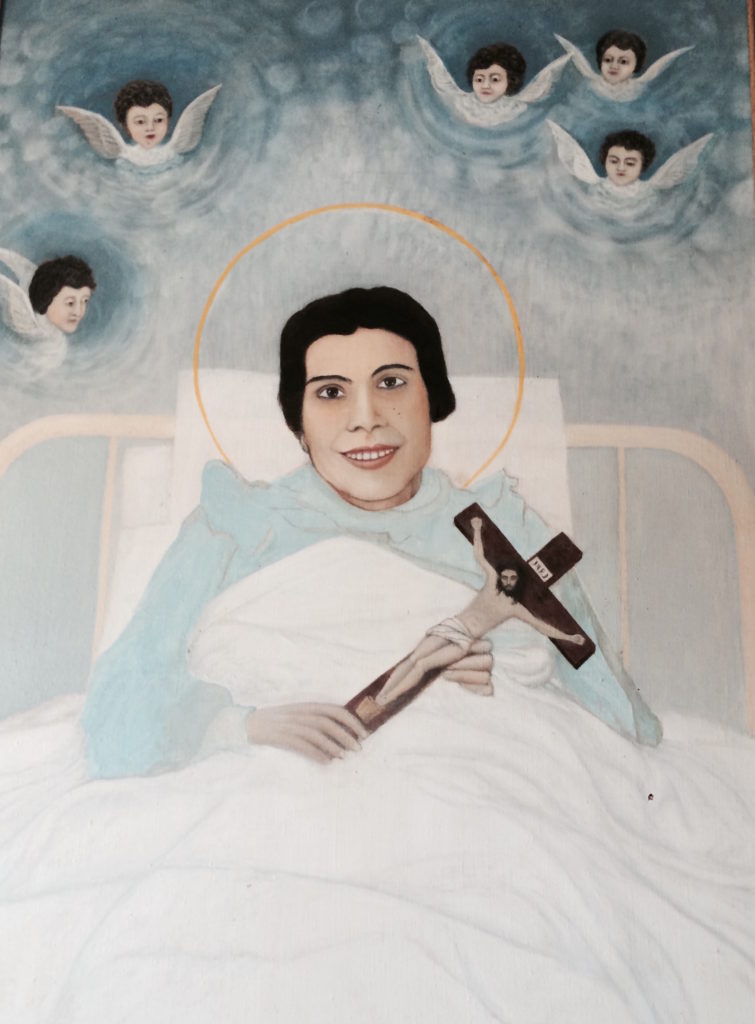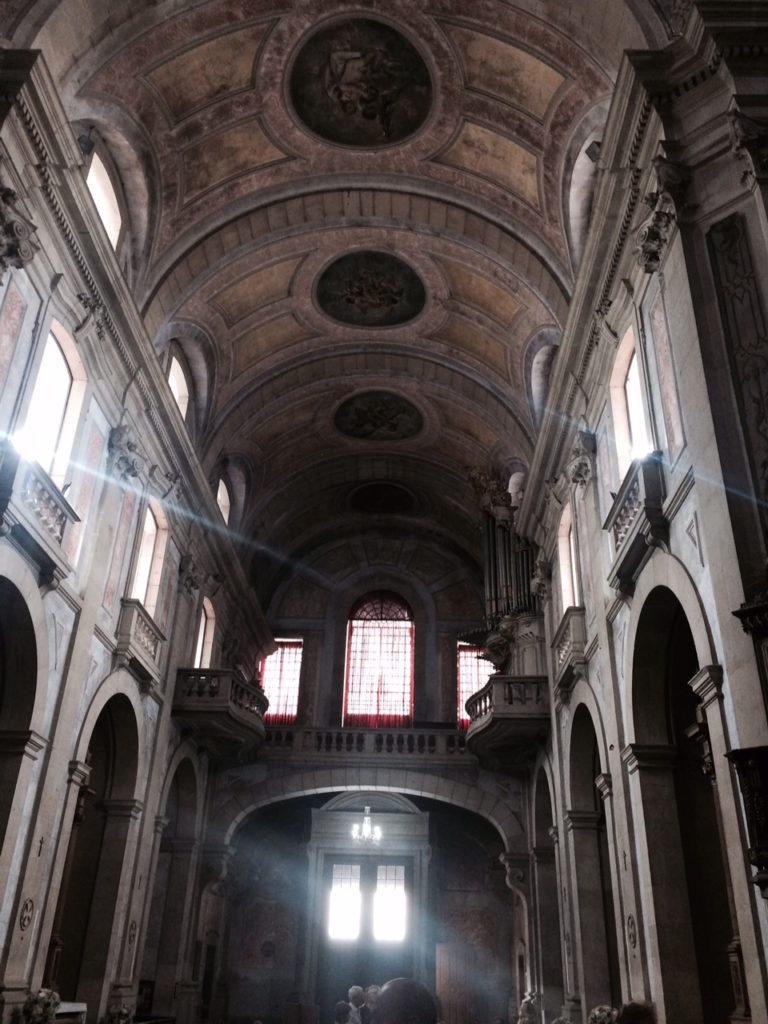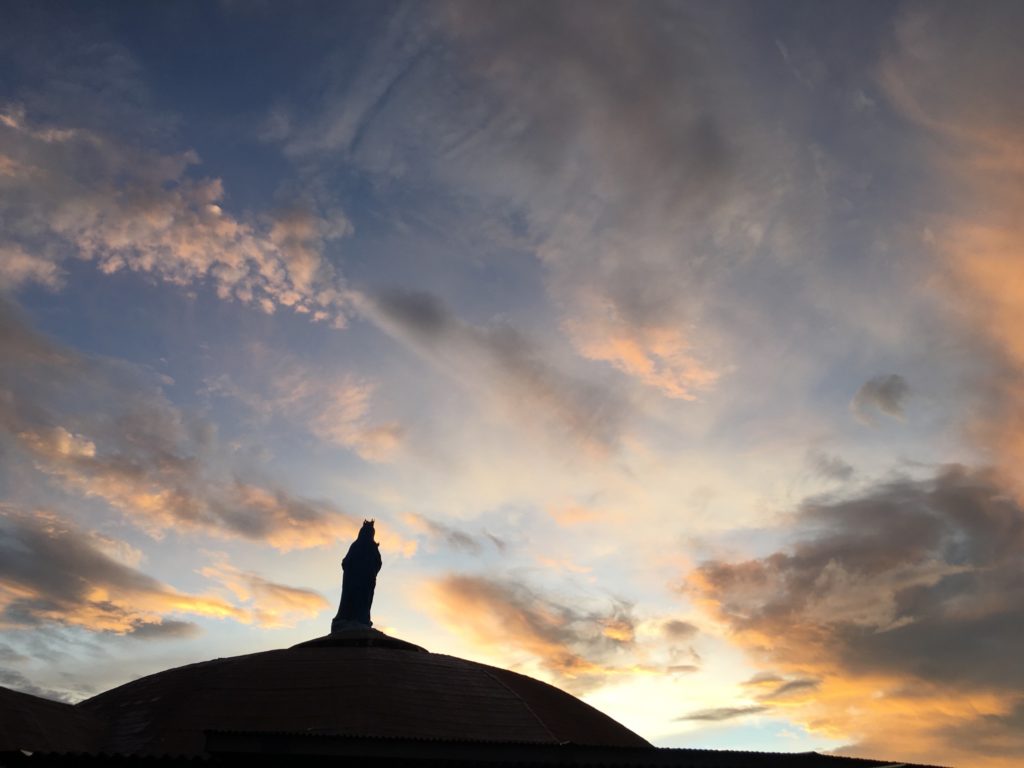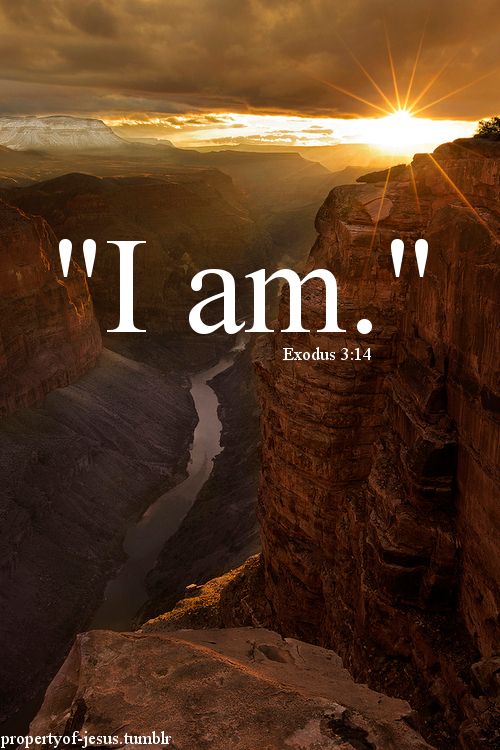
The ongoing exodus experience, of conversion, is a true ecstasy, a coming out of ourselves in the discovery of God’s self, a greater love of the One who loves us. It’s a call for constantly having a renewed attitude of conversion. Sometimes, conversion has to be met on the level of our attitudes. The conversion of our heart, what’s going on in our heart, the emotions, the moods, all of these things, the thoughts in our minds, all of that is expressed in attitude.
From there comes disposition because when truth goes from the mind to the heart, it goes deeper and takes root in us; it becomes disposition, which is how I’m disposed towards somebody or something. Conversion of heart, as St. Paul says, means ‘being transformed by the renewal of our mind’ (Romans 12:1-2) that we may know what is God’s will and choose it. In other words, our attitude and our disposition enables us to go from what is good to what is pleasing and perfect; to go from good, to better, and to best; to not settle for less, to always strive to grow from the abundance of what God has and what God wants to give.
In order for us to do this, we have to have the right attitude, Mary’s attitude; the openness, the receptivity, docility that comes from surrender and humility and trust, and obedience. That’s the attitude that allows our souls to be cultivated and fertilized in order to bear fruit, and one that is so important for the conversion of heart. Saint Paul says that from conversion comes transformation, “an incessant moving forward.”
What you think when you hear that – an incessant moving forward? That excites and encourages me. In other words, God never becomes stale. God never becomes boring. Other things can become boring, but God doesn’t become boring. An incessant moving forward means what one great mystical theologian calls, the mystical evolution, an ongoing transformation, an incessant going forward.
According to St. Paul, we go ‘from glory to glory, from strength to strength.’ We’re always in a state of growth. In other words, ‘I don’t want to stay in the same stage of spiritual life for the rest of my life. I don’t want to be like the Israelites, going in circles for 40 years before going into the Promised Land. I want to be always growing in my relationship with God, knowing how God is alive in me and expresses Himself in my life. I always want to be growing in that love story and ongoing maturity,’ as St. Paul says, ‘to the extent of the full stature of Christ.’
What’s the full stature of Christ? Transfiguration, resurrection – that’s our destiny. When we see Christ risen and transfigured, it’s not only who He is in His divinity, but it’s who we are called to be, for we have been given a share into adoption through grace; that’s who we are in our deepest self, and that’s how we have to always be, in a state of moving forward and allowing God to come to fruition in us.
According to Pope Francis, “This liberating exodus toward Christ and our brothers and sisters also represents the way for us to fully understand our common humanity.” To hear and answer the Lord’s call is not a private and completely personal matter fraught with momentary emotion; it’s much deeper than that. Rather, it is “a specific, real, and total commitment which embraces the whole of our existence and sets it at the service of the growth of God’s kingdom.” Finally Pope Francis says, “the Christian vocation, [is] rooted in the contemplation of the father’s heart” – that’s his preface, but that’s so important.
Our first vocation is to worship God, to worship the Lord because that’s what the reality of heaven is. It is the festival, the fiesta, the celebration of worship, the exaltation, the human being fully alive in the glory of God. The Christian vocation rooted in the contemplation of the Father’s heart inspires us to solidarity in bringing liberation to our brothers and sisters, especially the poorest.
Pope Francis adds, “A disciple of Jesus has a heart open to His unlimited horizons.” We must allow our hearts to be open to Jesus’s limited unlimited horizons. This is what I hope and trust that the Lord Jesus is going to manifest to you according to your receptivity. According to your openness to His unlimited horizons, He will pour out His heart to yours.
Our exodus is up to us, but what makes us open? Faith and hope. As St. Therese says, confidence in His merciful love. If we have a little confidence, we’ll get a little from Him, but if you have unlimited confidence in the unlimited horizon of His heart you will receive a whole lot. May we be open to enlarge our hearts to God’s heart, and to gaze upon His face that me may receive an outpouring of his grace, in Jesus’s divine, most merciful, and most holy name, Amen.
SOURCE: Consecrated Life Retreat, New Mexico 2016, transcribed by Teresa Linda, ocds
Copyright 2017, Father Robert Barcelos, OCD
